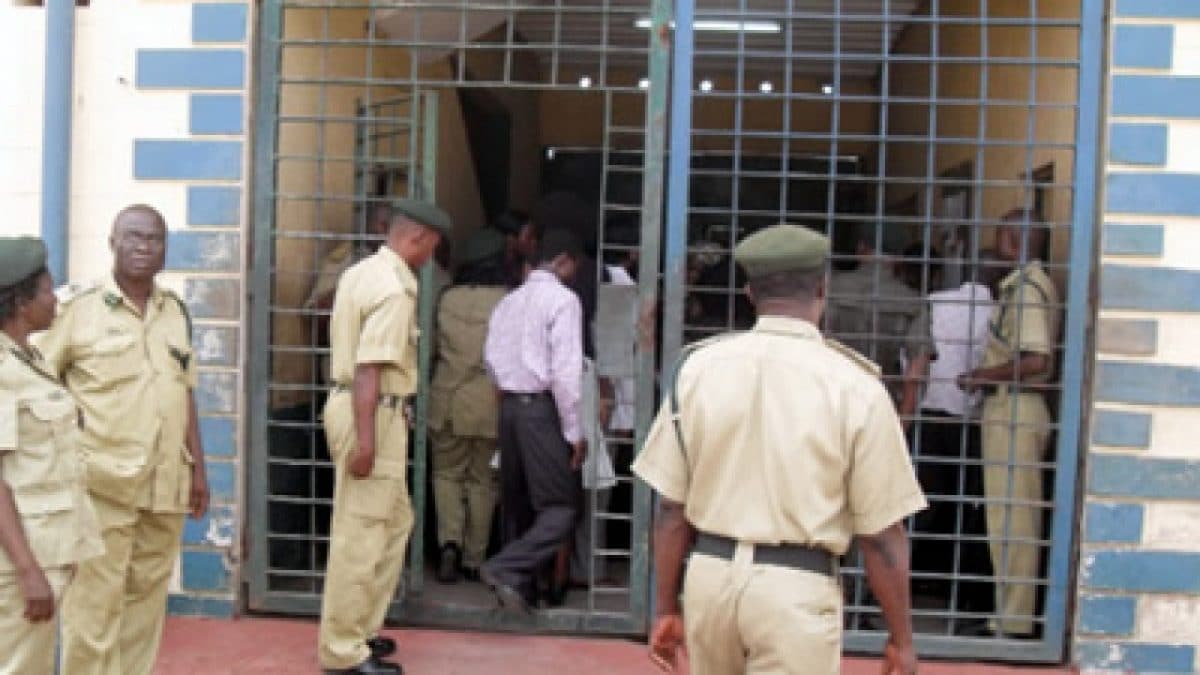Minister of Interior, Rauf Aregbesola, says the high number of Awaiting Trial Inmates (ATIs) is putting undue pressure on custodial centres in the country.
The minister said in an interview with the News Agency of Nigeria (NAN) in Abuja that the sheer number of the ATIs is a threat to the security of the custodial centres.
NAN reports that a total of 51,541 out of the 75,635 inmates in various prisons in the country are awaiting trial.
Aregbesola said that the situation was the greatest challenge the service has presently.
“No fewer than 70 per cent of Nigerian inmates are serving time without being sentenced as they are awaiting trials.
“Assuming the period of waiting for trial is even small, probably it will not be an issue, we can manage it.
“How can you put people on trial for fifteen, ten years, how? and they are not a small number.
“Some are even there forever, there is no file, there is no prosecution process, they are just there.
“Our own is to keep, we have no power over who are there, we cannot release them. So, as long as there is a warrant to detain them, we keep them,” he added.
Aregbesola, therefore, called for a review of the administration of criminal justice system of the country to provide timeline for trials.
“The administration of criminal justice is such that the timeline we give for trials is indefinite. I don’t believe this is the way it should be, and it is putting pressure on the system,” he said.
On the the reform of inmates, the minister insisted that the custodial centres were doing a good job.
Aregbesola, however, explained that those awaiting trial were not part of those being trained and reformed while in prison, except those who voluntarily chose to.
He said that recidivism was more with ATIs who could not be forced to do anything outside control of their liberty and freedom which was what the correctional facility must give.
“This can only happen only if they choose to. You cannot say they should go to school, they may see opportunity of being there to begin studies, but it is by their choice and not by anybody.
“If they choose to, they will not be prevented from learning skills or from acquiring education, they will not be stopped, as it is their choice.
“If those people you see after their release and they tend not to have been in anyway impacted in any form are people who had awaiting trial stint in our facilities.
“We cannot force them to do anything outside their custody. They can voluntarily engage in activities but is their own free will.
“The state cannot compel them by virtue of their status in the jail houses to do anything other than limiting their freedom, and keeping them for trial,” he said. (NAN)
![]()






























































